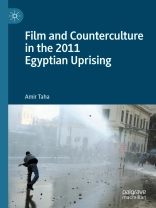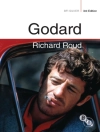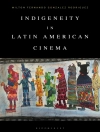This book examines how film articulates countercultural flows in the context of the Egyptian Revolution. The book interrogates the gap between radical politics and radical aesthetics by analyzing counterculture as a form, drawing upon Egyptian films produced between 2010 and 2016. The work offers a definition of counterculture which liberates the term from its Western frame and establishes a theoretical concept of counterculture which is more globally redolent. The book opens a door for further research of the Arab Uprising, arguing for a new and topical model of rebellion and struggle, and sheds light on the interaction between cinema and the street as well as between cultural narratives and politics in the context of the 2011 Egyptian uprising. What is counterculture in the twenty-first century? What role does cinema play in this new notion of counterculture?
Cuprins
1. Introduction.- 2. Counterculture as War Machine: Egypt 2011.- 3. Film and Politics in Egypt.- 4. Countercultural Films.- 5. Conclusion.-
Despre autor
Amir Taha is a postdoctoral fellow at Centre for Indian Studies in Africa (CISA), University of the Witwatersrand, South Africa. He holds a Ph D in English Literatures and Cultures from the University of Tübingen, Germany, and is a member of the DAAD’s
The Literary Cultures of the Global South network. He has taught various courses on Cultural and Film Studies at both the University of Tübingen and the University of the Witwatersrand. He is also co-editor of the upcoming volume,
Cinemas of the Global South: Towards Southern Aesthetics (2022).












